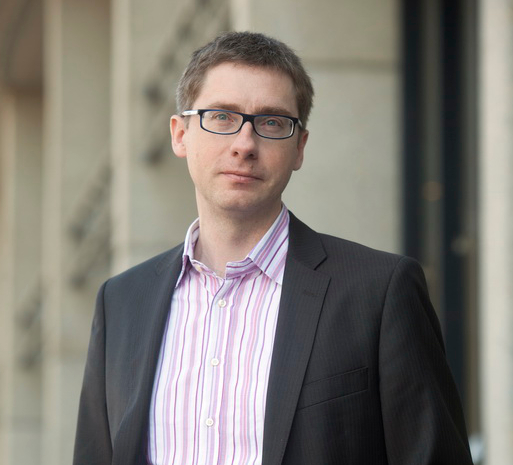You are here :
A leading international research-intensive university to face the challenges of tomorrow
“The 21th century is the century of societal transition. Current technological, economic, political and environmental revolutions require to reinvent the relationship between Man and Society. Through commitment and sense of belonging, this relationship should enable citizens to play a role in a world whose complexity they will be able to apprehend.
Higher education plays a major role in this respect. Informed citizens require cross-disciplinary knowledge which, far from limiting them to a specific domain, provides them with a comprehensive and seamless understanding of major societal challenges. By refusing any form of resignation, they shape the world and contribute to the cultural mix and intellectual environment.
Today’s major challenge in higher education is to enable younger generations to face a world that is constantly being reinvented, to organize the information available in such volumes that it is an obstacle to understanding, to be reactive yet resist the immediacy of reaction, to make knowledge and skills available for long term actions and to experiment local solutions that must have a global impact.
The challenge is as pressing as it is difficult to address. French higher education and research institutions are very diverse, with limited financial means. They sometimes struggle to internationalize, and they face increased competition. It is therefore important to design a new academic model to leave the “mid-range” (borrowing the word of Jean-Marc Schlenker, former president of the steering committee for the 2007 legislation) where they often remain limited.
For this purpose, we must reinvent ourselves by integrating various institutions of excellence in a common project in order to create an international research university with significantly increased attractiveness and visibility, thanks to I-SITE funds.”
Higher education plays a major role in this respect. Informed citizens require cross-disciplinary knowledge which, far from limiting them to a specific domain, provides them with a comprehensive and seamless understanding of major societal challenges. By refusing any form of resignation, they shape the world and contribute to the cultural mix and intellectual environment.
Today’s major challenge in higher education is to enable younger generations to face a world that is constantly being reinvented, to organize the information available in such volumes that it is an obstacle to understanding, to be reactive yet resist the immediacy of reaction, to make knowledge and skills available for long term actions and to experiment local solutions that must have a global impact.
The challenge is as pressing as it is difficult to address. French higher education and research institutions are very diverse, with limited financial means. They sometimes struggle to internationalize, and they face increased competition. It is therefore important to design a new academic model to leave the “mid-range” (borrowing the word of Jean-Marc Schlenker, former president of the steering committee for the 2007 legislation) where they often remain limited.
For this purpose, we must reinvent ourselves by integrating various institutions of excellence in a common project in order to create an international research university with significantly increased attractiveness and visibility, thanks to I-SITE funds.”



 President of CY Cergy Paris University
President of CY Cergy Paris University